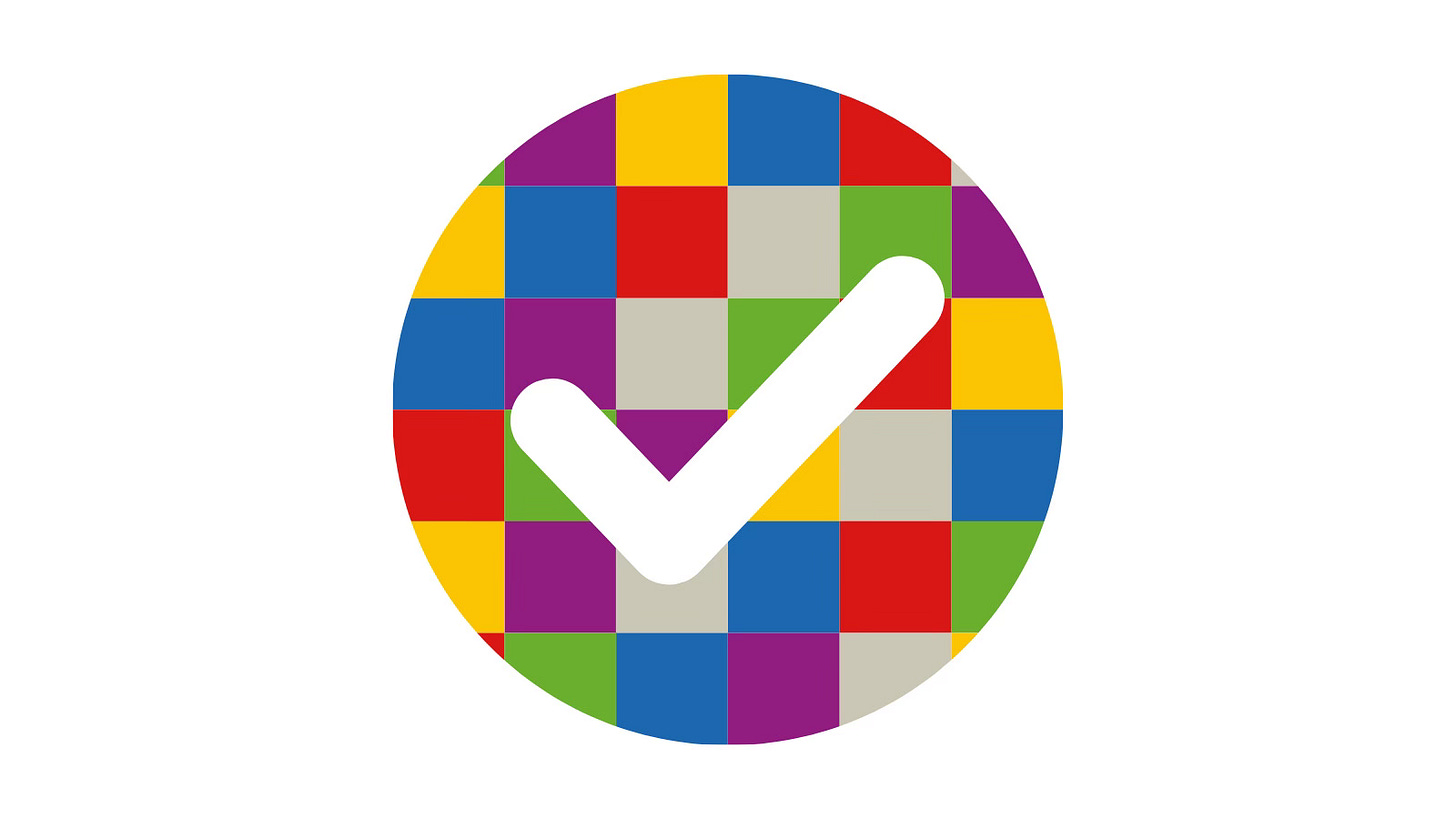It's mad that this important piece of our election infrastructure is run by a bunch of volunteer nerds
The election data-gap we take for granted
Thanks to everyone who came along to the first ever Odds and Ends of History subscriber drinks last week! It was delightful to meet you all – and I’m already starting to think about doing another one in the autumn. So make sure to subscribe now so that you hear about it first!
One of the most endearing parts of the British state is how weird it can be.
For example, every year, we hold a strange ceremony where a person dressed as a 17th century aristocrat has the door of the House of Commons slammed in their face.
Similarly, when Members of Parliament want to speak to each other in the chamber, the rules dictate that they do not address each other directly, instead addressing their comments to the Speaker – a move that essentially codifies passive aggression as a core part of Britain’s unwritten constitution.
And of course, every time we hold a General Election, it’s now a hallowed tradition that the Prime Minister must give their victory speech in a dowdy sports centre at 4am, while surrounded by eccentrics, racists, and a guy dressed as a bin.
These are all downstream consequences of the fact that Britain is really, really old.
We haven’t been conquered recently, so there’s never been a moment to hit the reset button – to wipe away the old institutions and replace them with a rationally-designed system of rules and practices, with structures designed for the modern age.
And it isn’t just Parliament that works like this.
The longevity of the British state has many other unusual and sometimes strange consequences for how things are done, that only make sense because of the weird history that got us here.
For example, the reason dentistry isn’t entirely free, unlike various other parts of the health service, is a quirk of history. It’s a result of which branches of medicine had the most powerful lobbying groups when the NHS was created.
Similarly, as I’ve written before, you wouldn’t invent the BBC today if it didn’t already exist. Imagine trying to persuade voters today that a tax should be imposed to fund Paddy McGuinness and a reboot of Gladiators. It’d be almost as insane as, say, the Prime Minister ducking out early from D-Day commemorations during an election campaign.
And then there’s the weird legacy thing I really want to talk about today: How our elections are run.
Despite their obvious importance, it’s actually pretty surprising how widely ignored the underlying electoral infrastructure is. Due to similar historical continuities as described above, we’ve ended up in a place where some of the most critical components for running smooth elections rely on a handful of civic-minded nerds volunteering to do what really feels like should be the responsibility of the British state.
And in my view, it’s really weird that it happens like this and we should fix it.
Keep reading with a 7-day free trial
Subscribe to Odds and Ends of History to keep reading this post and get 7 days of free access to the full post archives.



